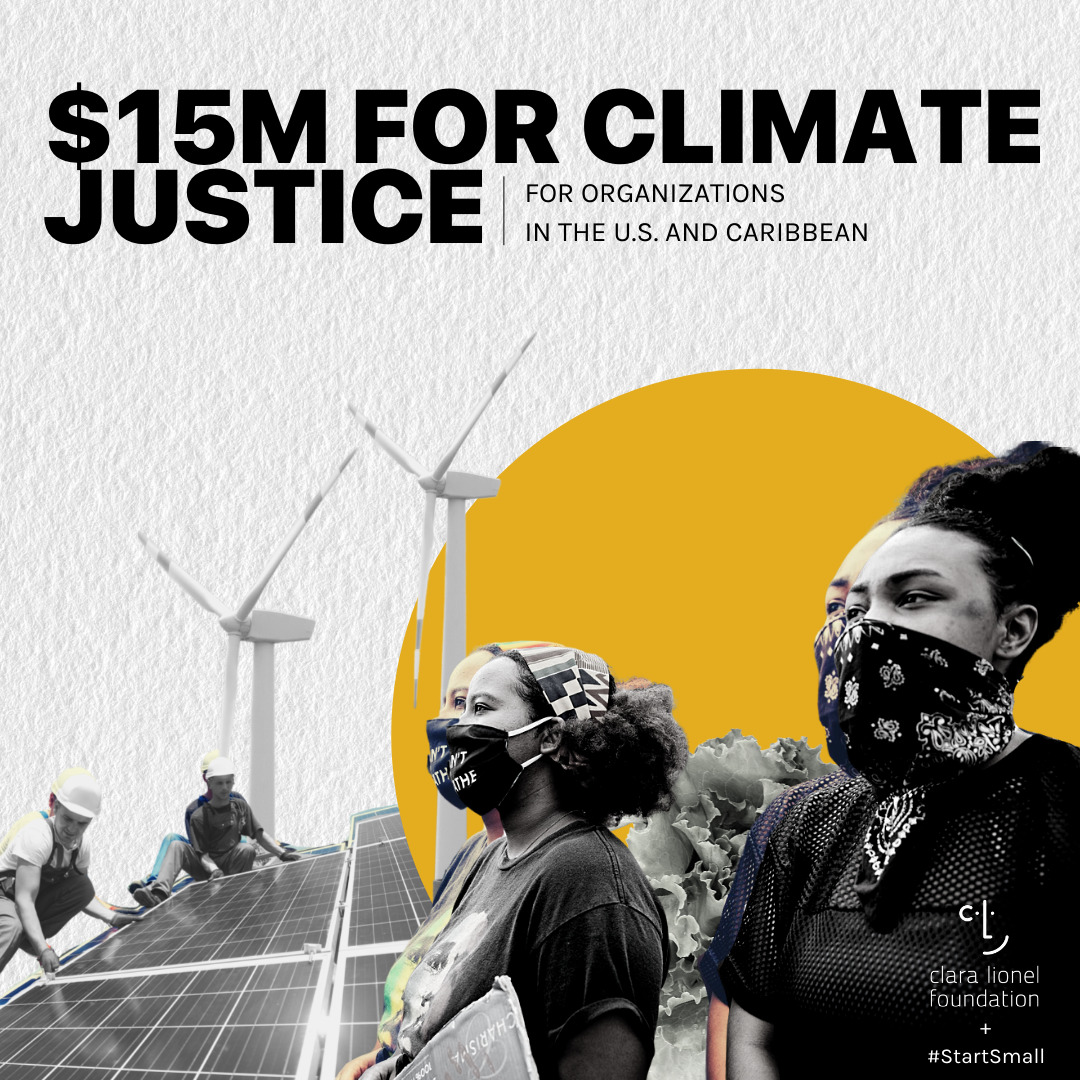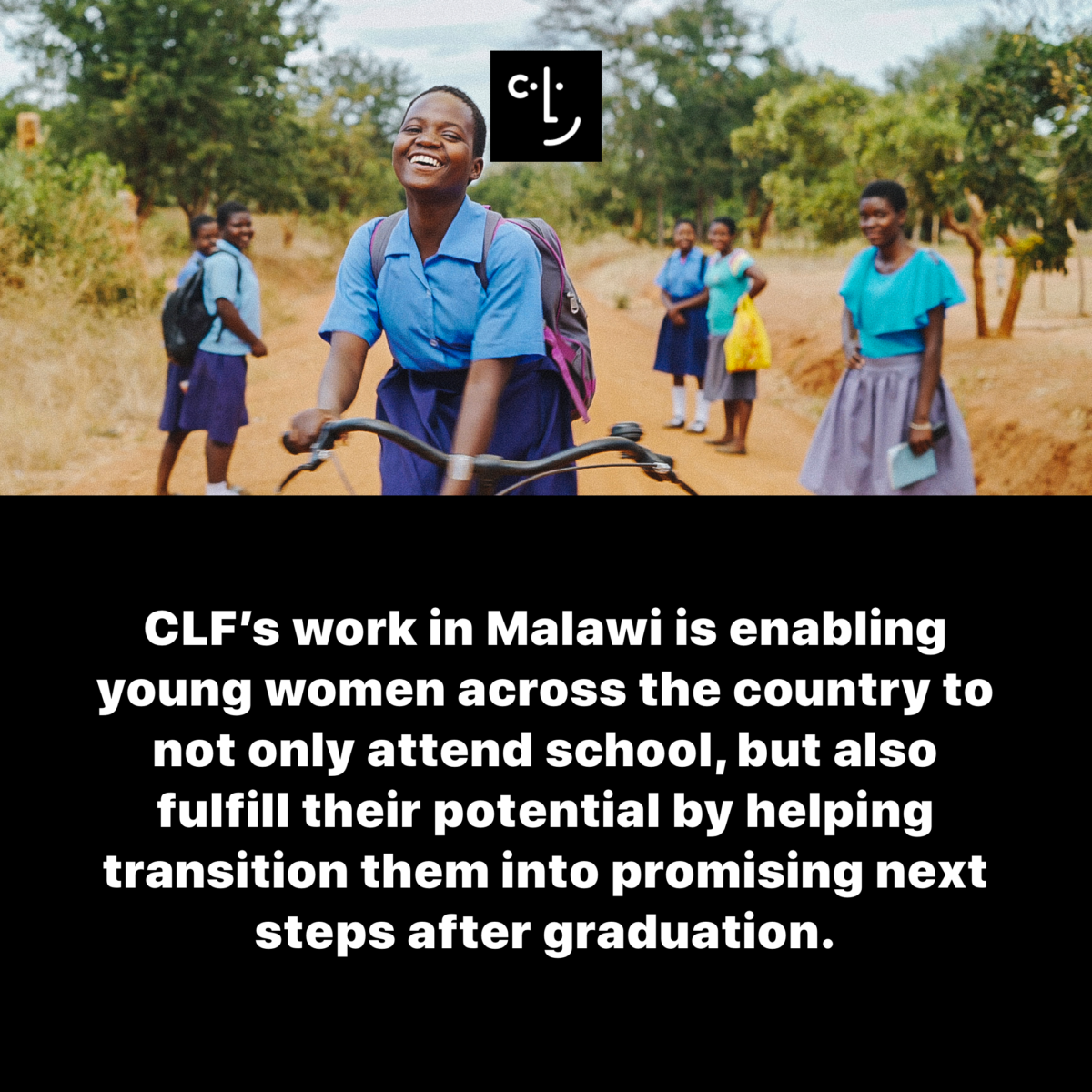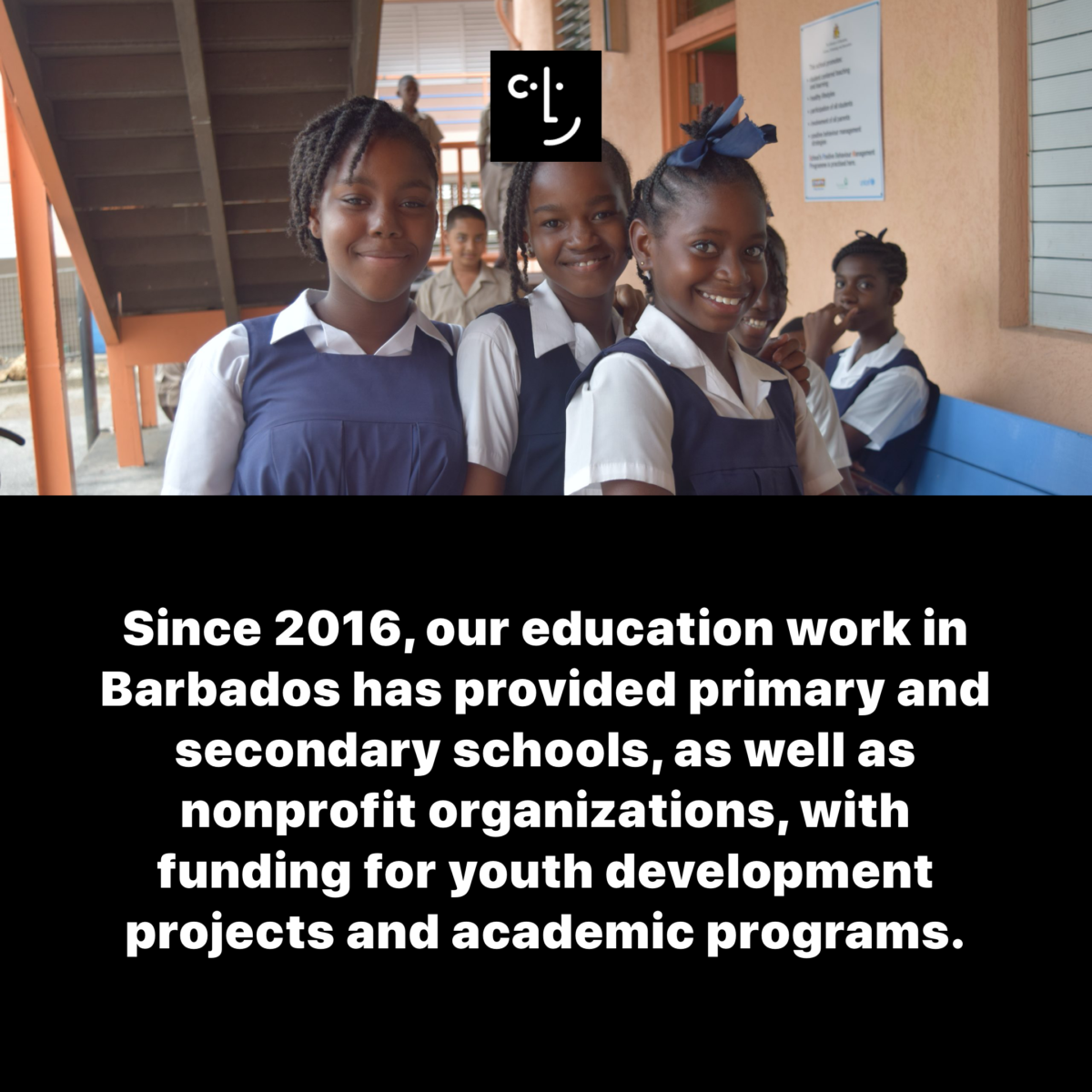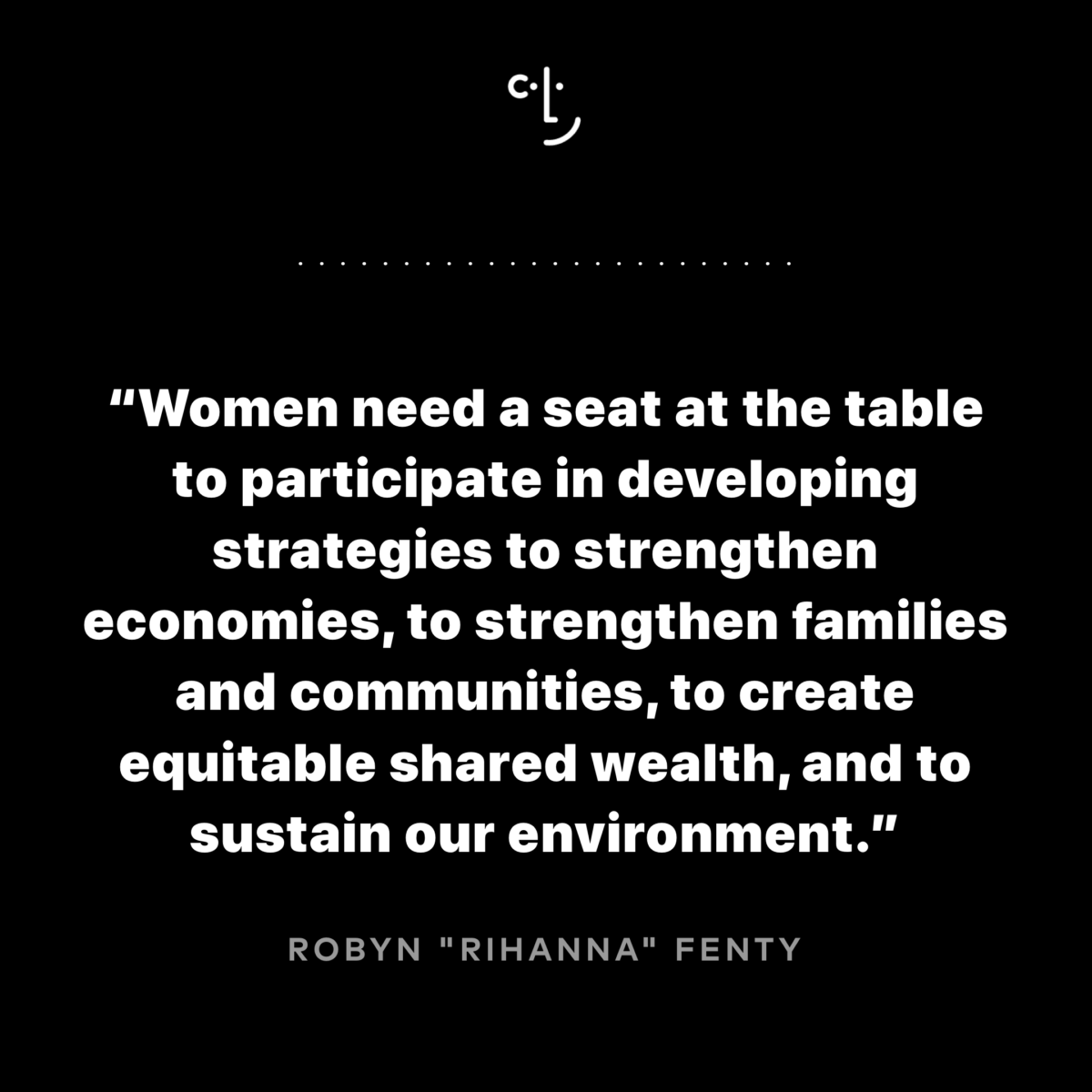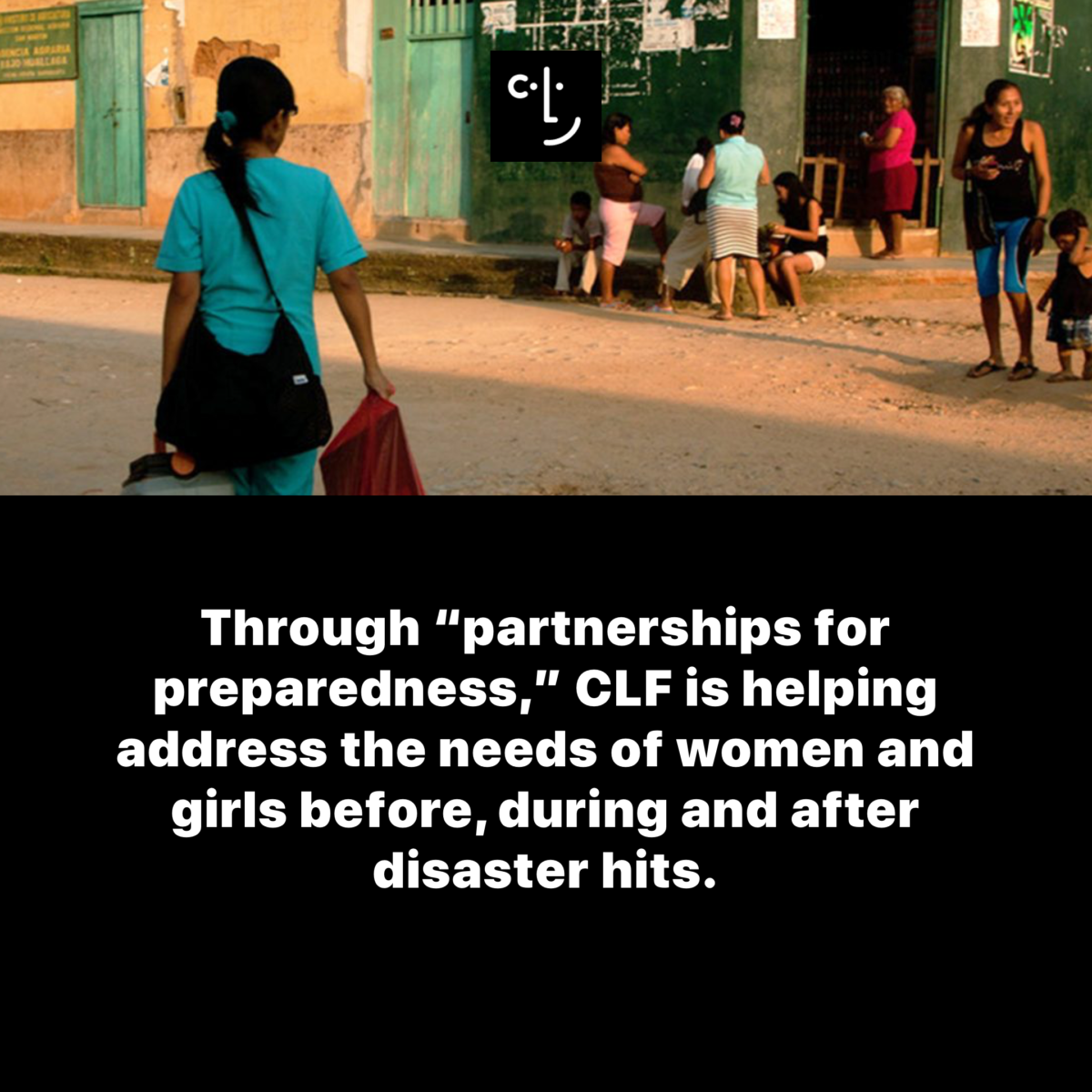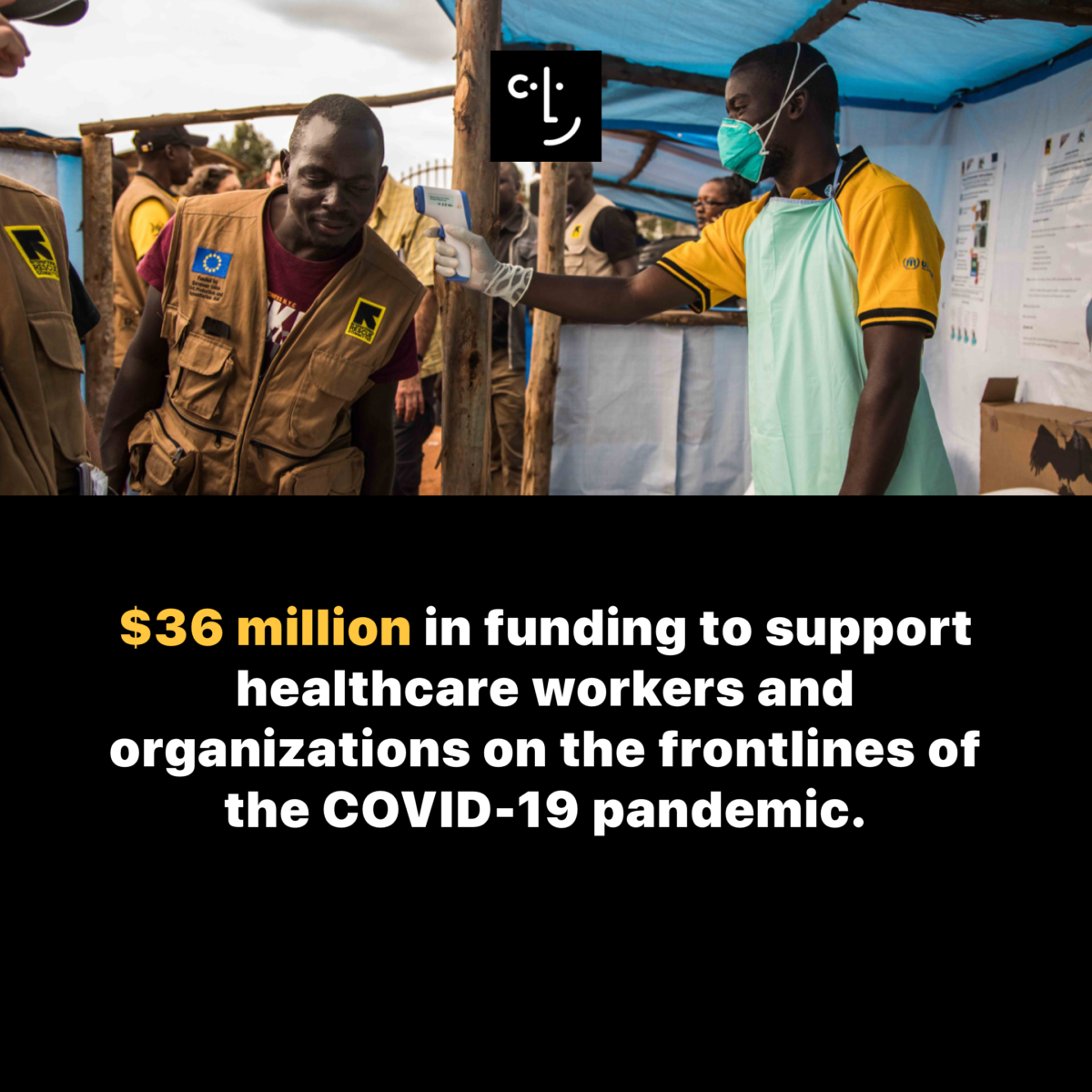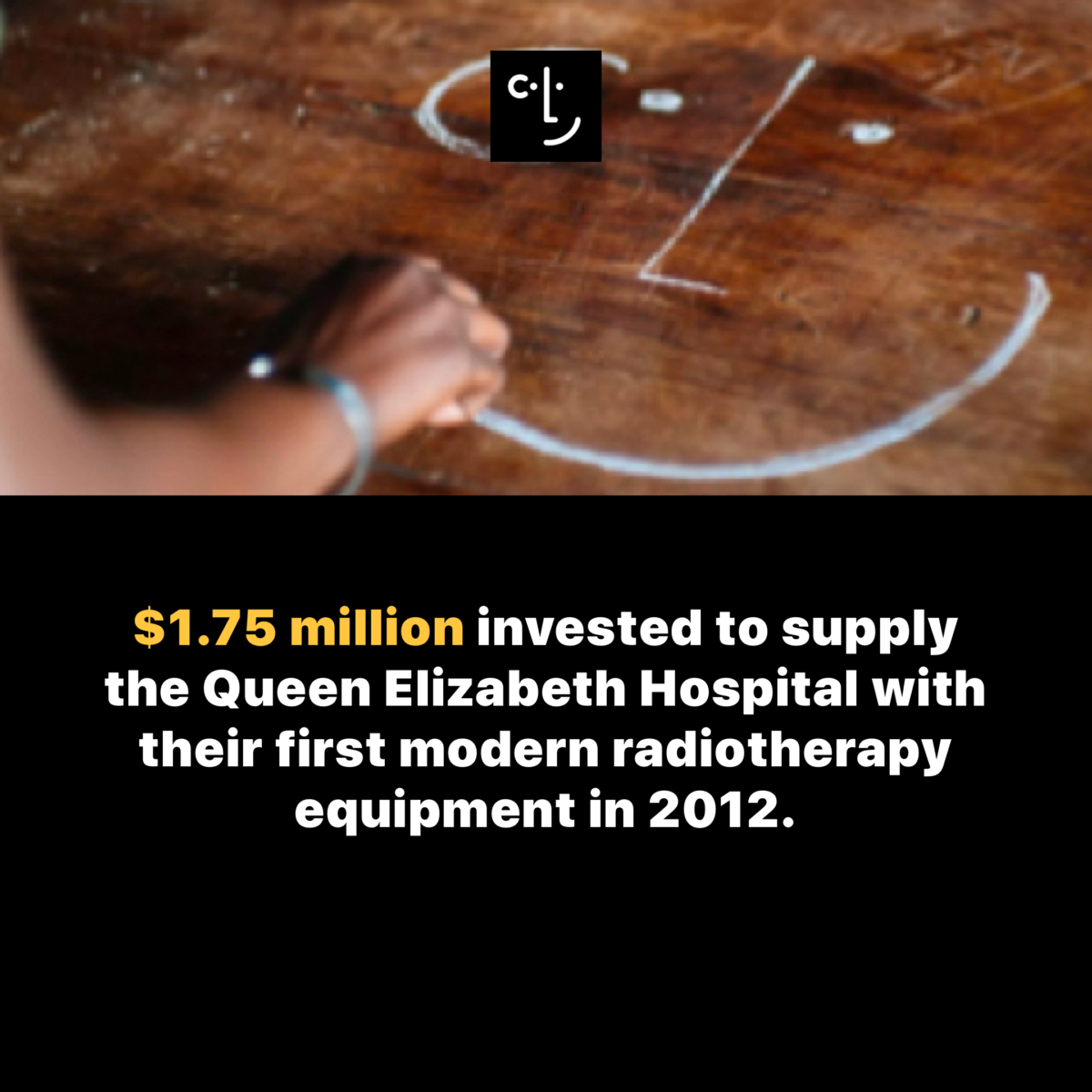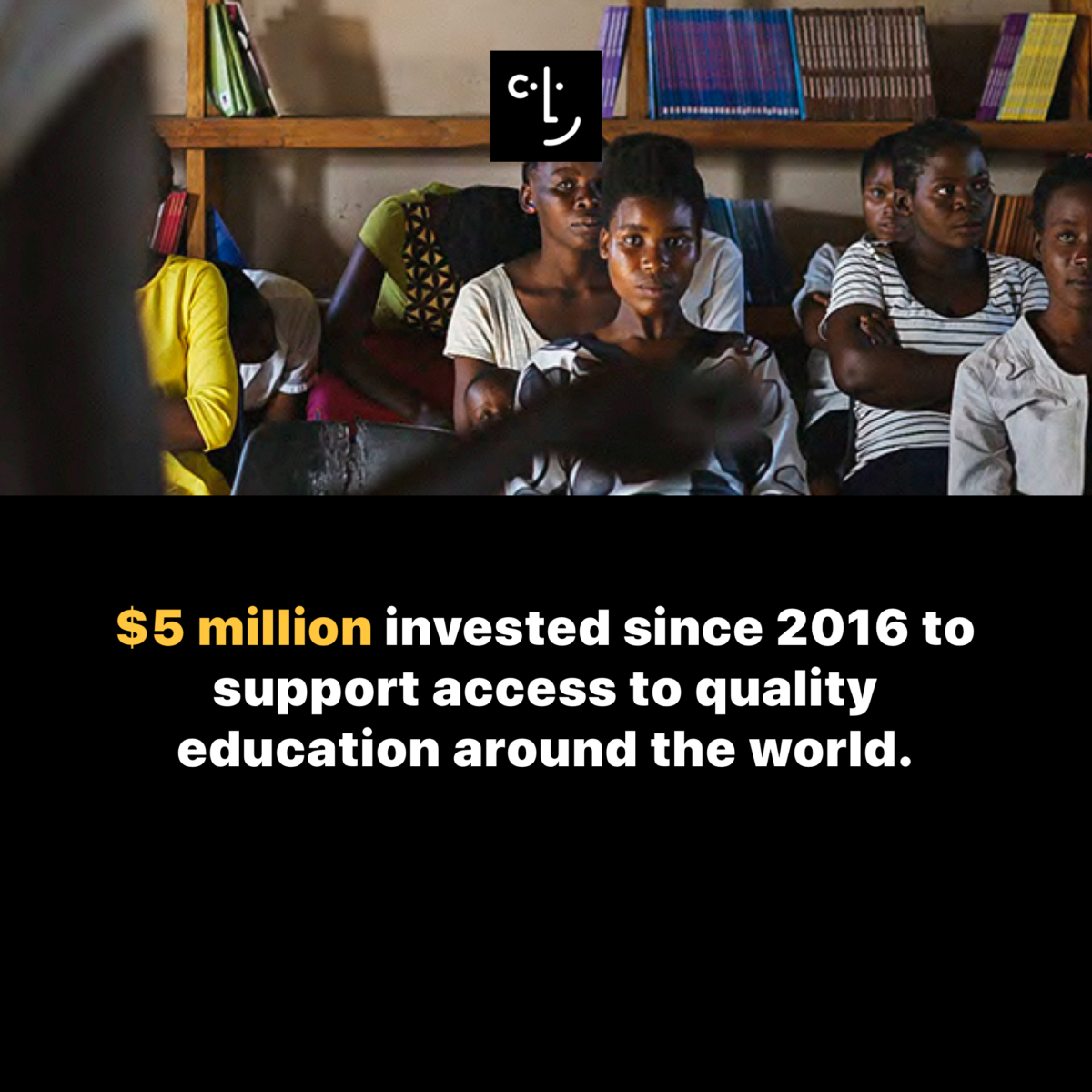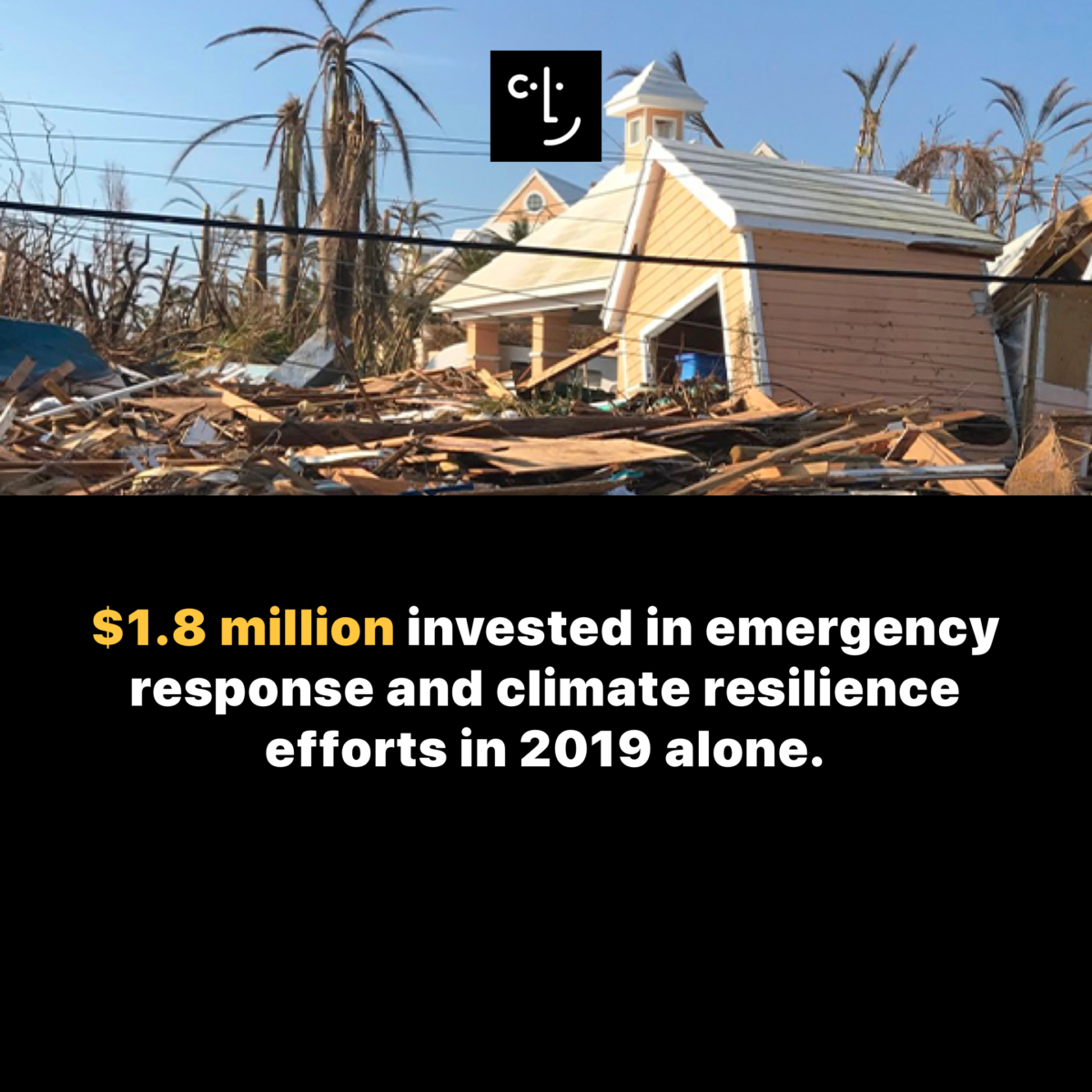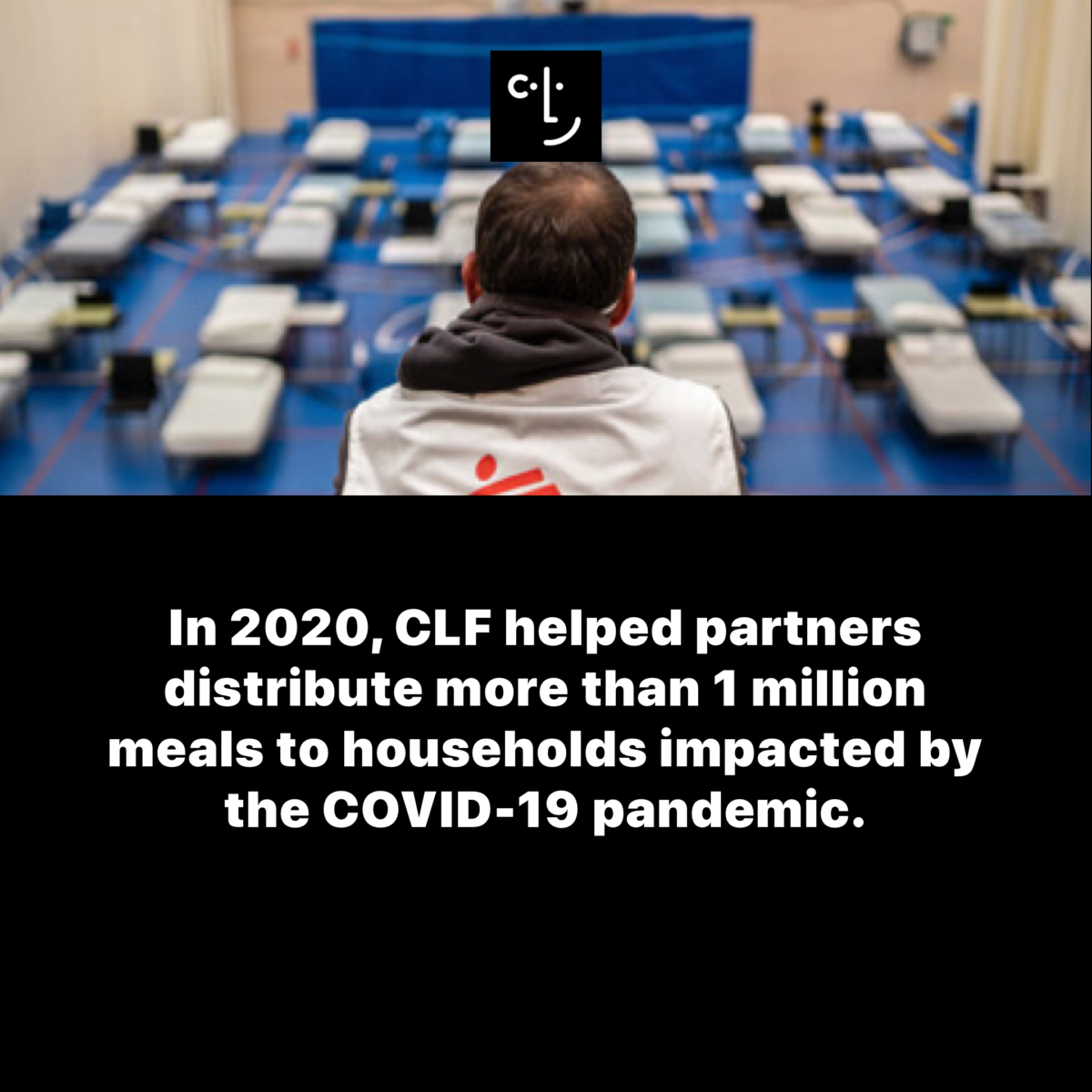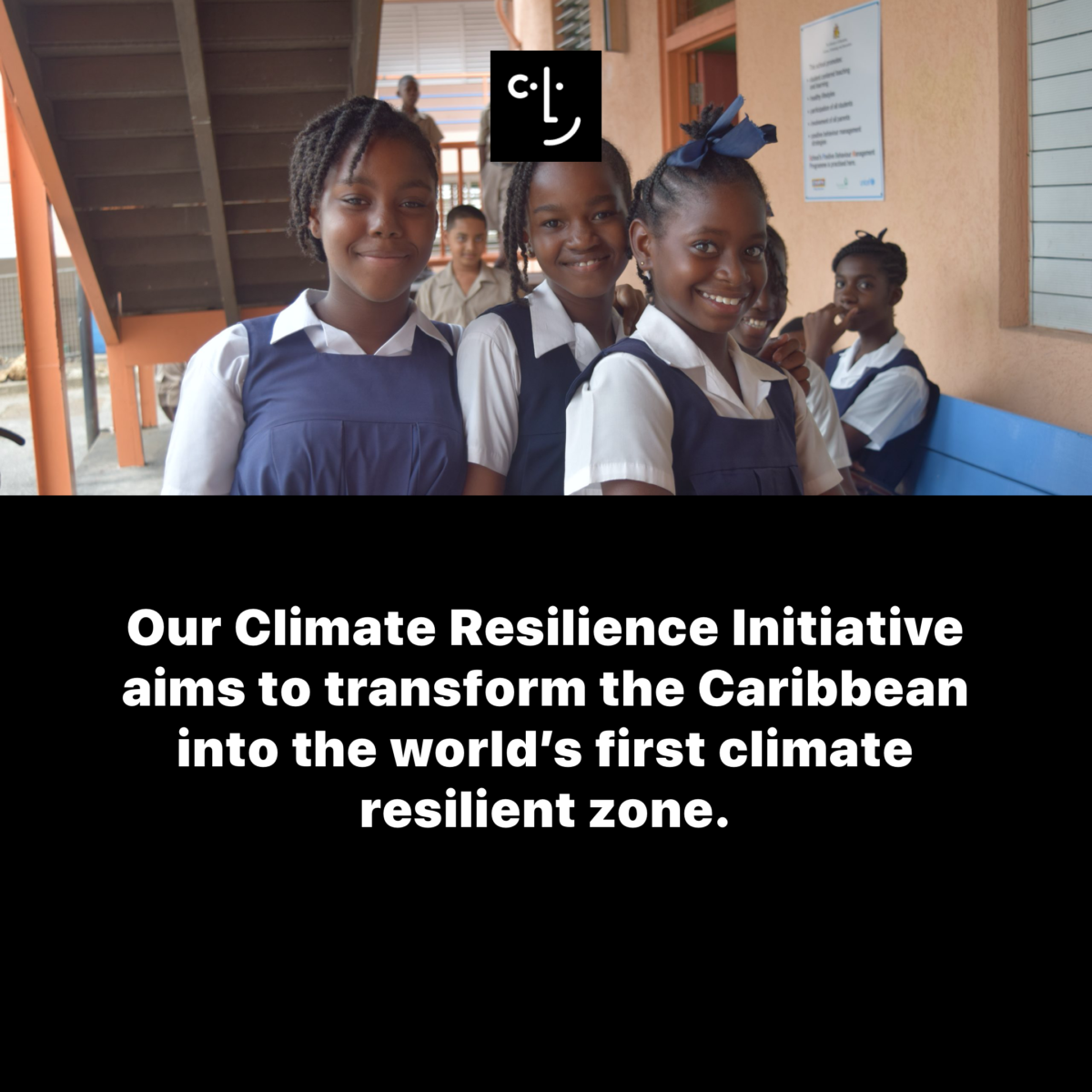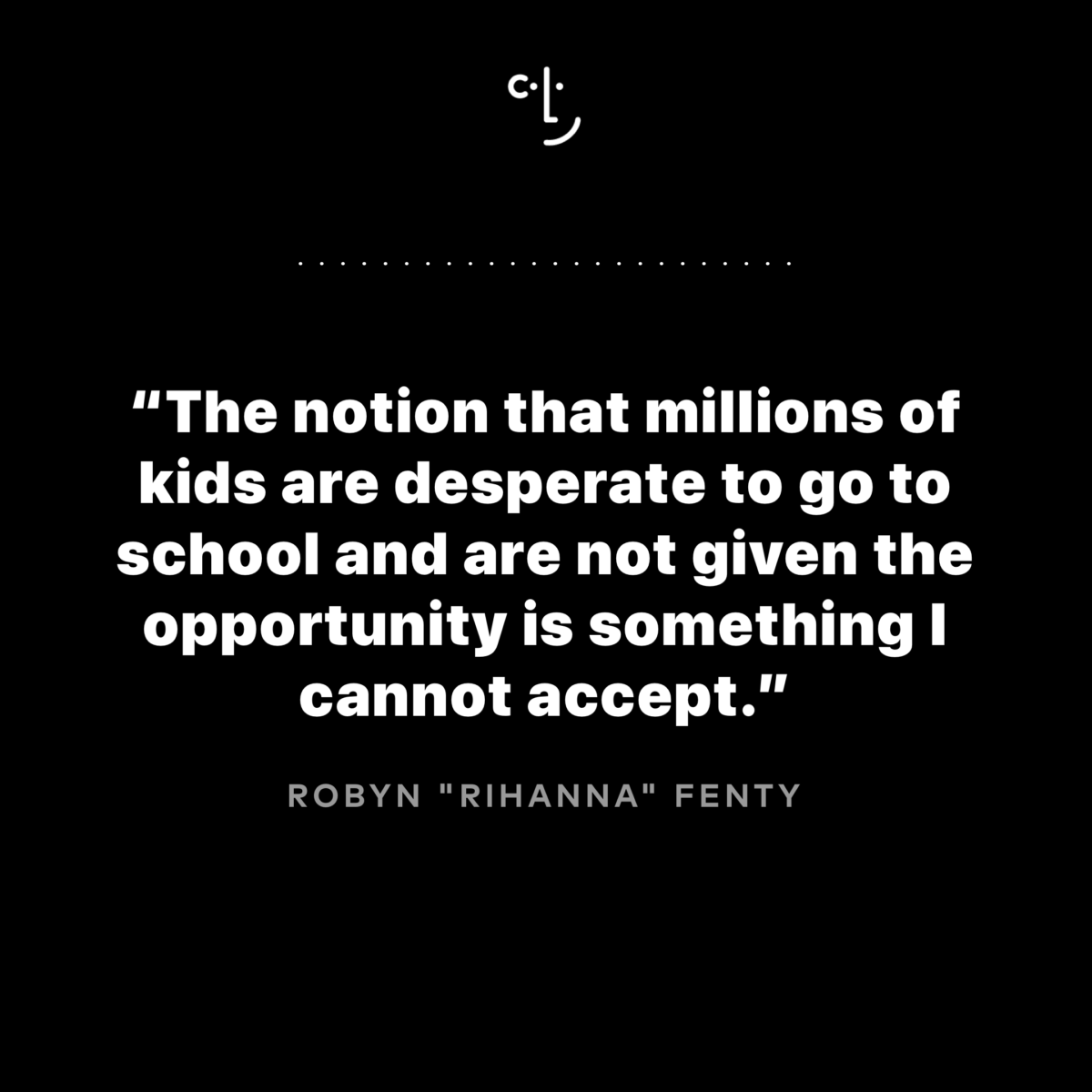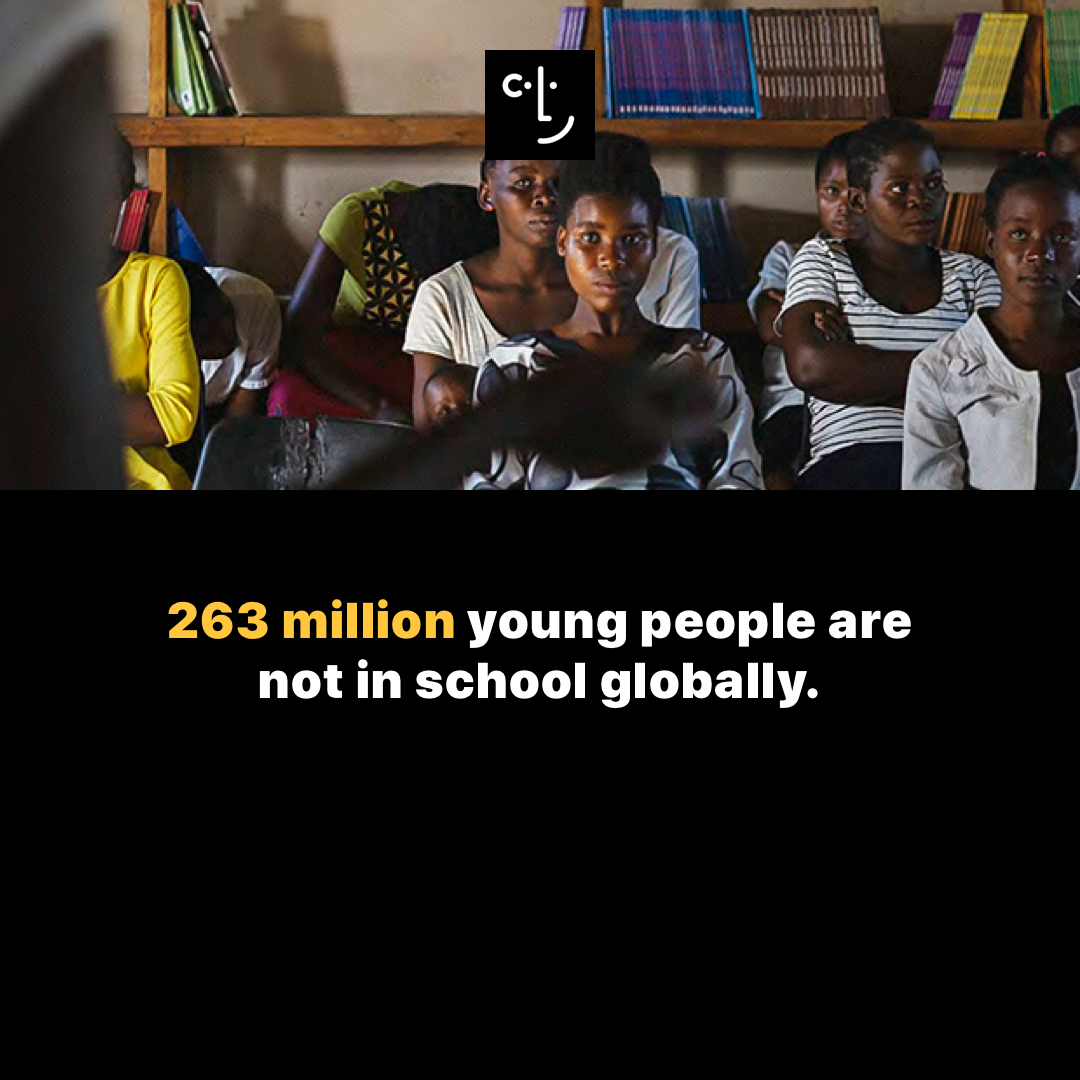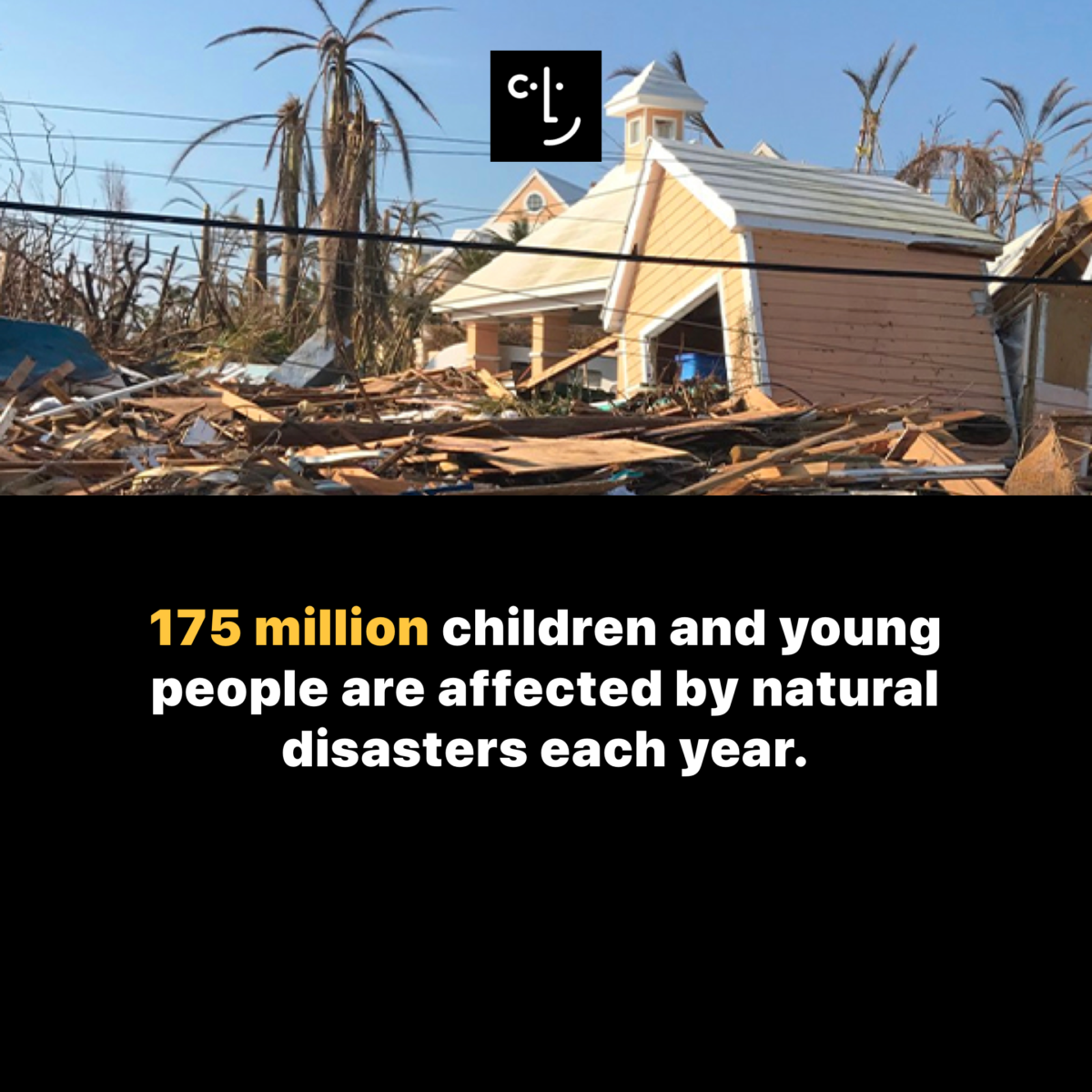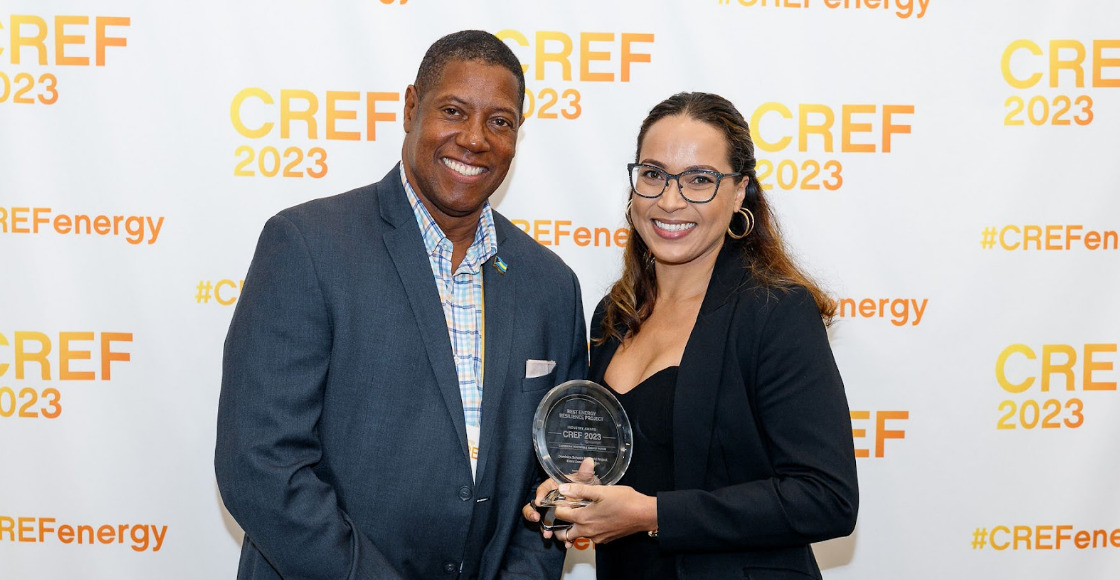
Dominica Schools Microgrid Project Wins 2023 CREF ‘Best Energy Resilience Project’

Last week, over 500 Caribbean energy practitioners and leaders, including government officials, national utilities, clean energy developers, and investors, gathered in Miami, Florida for the 15th Annual Caribbean Renewable Energy Forum (CREF). At the Forum, stakeholders network and share knowledge and best practices to accelerate a resilient, just energy transition in the region. A part of the program is the CREF Industry Awards, celebrating energy excellence in the region. This year, Dominica was acknowledged for its efforts to bolster community resilience through clean energy when CREF awarded the Dominica Schools Microgrid Project “Best Energy Resilience Project” for 2023.
Made possible by a partnership between the Clara Lionel Foundation (CLF), RMI (formerly the Rocky Mountain Institute), and the Dominica Ministry of Education, the Dominica Schools Microgrid Project consists of the rebuilding of the Morne Prosper Primary School and Paix Bouche Primary School, which were severely damaged by Hurricane Maria in 2017, and the installation of resilient energy systems at the schools. Given the Commonwealth of Dominica’s location in the Caribbean Sea, the island nation is highly vulnerable to hurricanes which have only intensified as a result of climate change. The award-winning project sheds light onto just one of numerous actions the nation is taking to enhance the resilience of infrastructure, communities, ecosystems, and natural resources.
“One of our primary goals was to showcase how successful stakeholder collaboration can support the building of a more resilient environment and scaling clean energy. And not just in Dominica, but also in the broader region. It is our hope that the project has the ability to direct more focus to other entities for funding of similar projects throughout the Caribbean.”
CLF and RMI’s partnership began in 2021 in Dominica with the commitment to making both schools more resilient by retrofitting the two primary schools with climate resilience measures that will allow the structures to withstand category five hurricanes. Working with local community members, in particular, CLF and RMI provided funding and technical assistance that included retrofitting of the school’s physical infrastructure to include more resilient structures, and installing solar energy and battery energy storage microgrid systems. The microgrids are connected to the grid during normal operations, and they can also operate off-the-grid to supply critical loads at the school in the event of a major disruption. This enables Morne Prosper Primary School and Paix Bouche Primary School to serve as reliable emergency and evacuation shelters for their communities as well as provide safe learning environments for local youth during normal operations.
Once the systems go online later this year, the solar and battery storage systems will provide the schools with more than 60% of their energy needs.
“The installation of the solar and storage systems at the schools involved extensive collaboration with the schools, community, and Ministry of Education to ensure the solar and battery storage microgrids best met the needs of the schools and the communities they serve. Additionally, through support from Pickaat Innovations Ltd., staff and maintenance personnel from the Government of Dominica received training on operations, maintenance, and safety of the microgrids system, with the intention that they will be good stewards and caretakers of the systems over the long-term.”
Another key component of the project involved community engagement to build lasting local knowledge of the direct benefits of solar and battery energy storage systems.

The Dominica Schools Microgrid Project serves as a proof point for how solar and storage systems can preserve community vibrancy through bolstering energy resilience amid intensifying climate-induced hurricanes. Further, the recognition of the Dominica Schools Project on the CREF stage should serve as a catalyst for investing in more efforts both nationally and regionally.
CLF and RMI look forward to celebrating and amplifying this important milestone on Dominica’s journey to becoming fully climate-resilient with a formal project commissioning ceremony near the end of this year.
